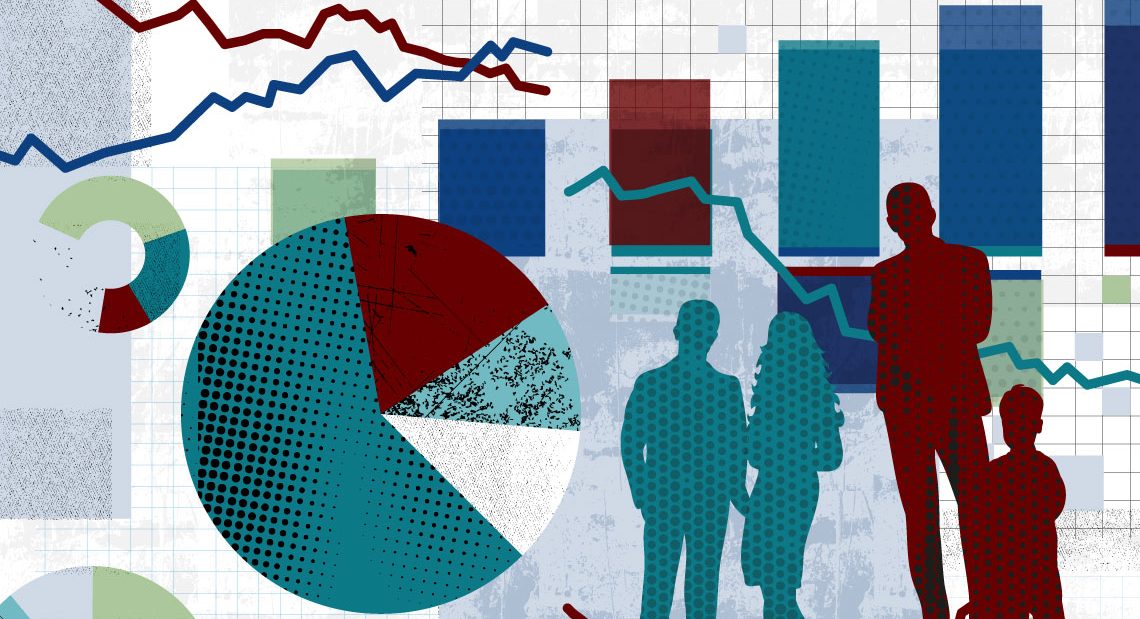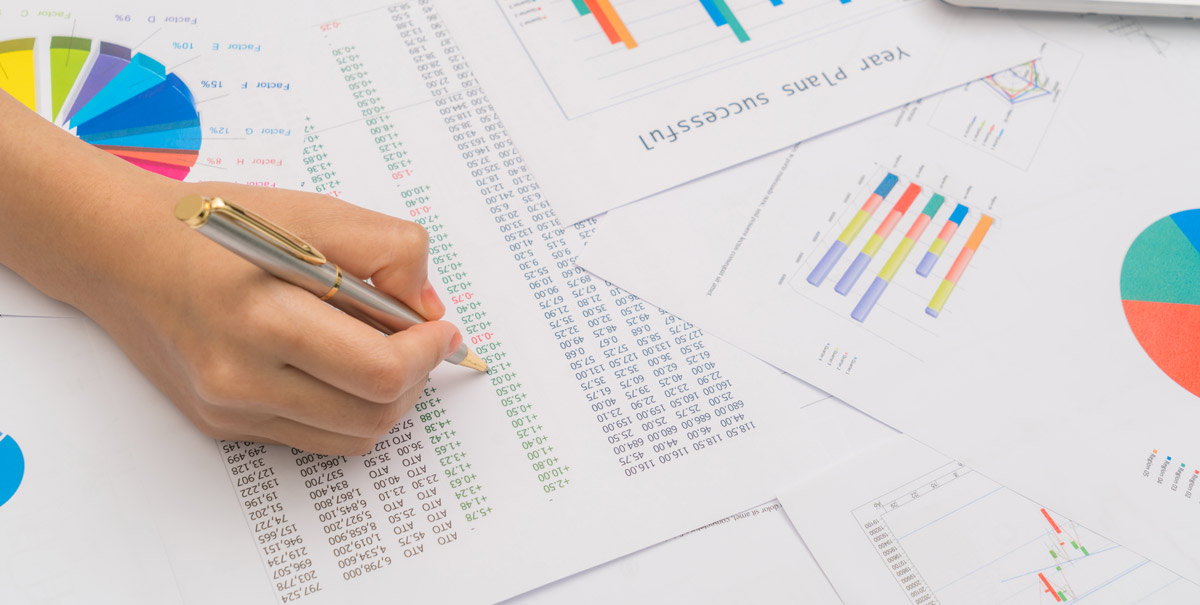What is a Public Economics Dissertation?
A Public Economics dissertation is a research project where students explore how governments allocate resources, manage public finances, and impact the economy. This study looks at how taxes, government spending, and policies affect people’s lives and businesses. It’s a key area in economics that helps understand the role of government in the economy.
Why are Public Economics Dissertation Topics Important?
Public Economics dissertation topics are crucial because they help us understand how government actions affect the economy. By exploring these topics, students can offer solutions to improve public policies, reduce inequality, and boost economic growth. These topics are also important because they help future economists and policymakers make informed decisions that benefit society.
Writing Tips for Public Economics Dissertation
- Start with a Clear Research Question: Begin by identifying a specific issue or question you want to explore. Make sure it’s something that interests you and is relevant to public economics.
- Conduct Thorough Research: Gather information from reliable sources like academic journals, books, and government reports. This will help you build a strong foundation for your dissertation.
- Create a Strong Outline: Organize your ideas by creating an outline. This will help you structure your dissertation and ensure that you cover all the necessary points.
- Use Simple Language: Write in a way that is easy to understand. Avoid using complex words or jargon that might confuse readers.
- Provide Real-World Examples: Use real-life examples to support your arguments. This will make your dissertation more engaging and relatable.
- Edit and Proofread: Always review your work for mistakes and clarity. Make sure your dissertation flows well and that your arguments are clear.
Get Public Economic Dissertation Help
Struggling with your dissertation? Our expert writers specialize in public economic dissertations and can help you with topic selection, research, writing, and editing. Get professional Public Economic Dissertation Help now!
Best Ideas for Public Economics Dissertation Topics
Explore compelling Public Economics Dissertation Topics covering taxation, government spending, public policy, income distribution, and economic welfare. Find unique research ideas to analyze the impact of fiscal policies on economic growth and social equity.
1. Taxation and Public Finance
- The impact of taxation on income inequality
- Comparative analysis of taxation policies in developed and developing countries
- Focusing on the relationship between public economics and capital taxation
- Studying the role played by tax avoidance and tax evasion in public economics
- Wealth accumulation, redistributive taxation, and public goods provision
2. Government Spending and Economic Growth
- Government spending and its effect on economic growth
- The role of public economics in promoting economic growth
- How government spending affects the business cycle
- The effect of public spending on infrastructure development
- How public spending affects economic mobility
- The role of public economics in economic recovery
3. Public Policy and Economic Stability
- The relationship between government debt and economic stability
- How public policies influence economic stability
- The impact of public policies on labor market outcomes
- The effect of public policies on market competition
- The role of public economics in promoting economic stability
4. Healthcare Economics and Public Policy
- The role of public economics in healthcare funding
- The role of public economics in healthcare policy
- The role of public economics in public health policies
- The economics of public health insurance
- The impact of government policies on healthcare accessibility
5. Social Welfare and Income Distribution
- The role of public economics in poverty reduction
- How public spending influences income distribution
- The role of public economics in social welfare programs
- The role of public economics in reducing income inequality
- The economics of public welfare programs
6. Education and Public Investment
- Public investment in education and its long-term benefits
- The role of public economics in education funding
- The role of public economics in education reform
- The effectiveness of government policies in improving educational outcomes
7. Environmental and Sustainable Economics
- The economic effects of environmental regulations
- The role of public economics in climate change policies
- How public economics affects environmental sustainability
- The role of public economics in environmental protection
- The effect of public policies on renewable energy adoption
8. Housing and Urban Development
- The role of public economics in housing policies
- The role of public economics in housing affordability
- The impact of public subsidies on housing markets
- The role of public economics in urban development
- The role of public economics in housing development
9. Market Regulations and Business Impact
- How public policies influence small businesses
- The impact of government regulations on market competition
- How government regulations affect economic efficiency
- The impact of government regulations on the tech industry
- The role of public economics in promoting entrepreneurship
10. Infrastructure and Transportation Economics
- The economics of public transportation systems
- The role of public economics in transportation infrastructure
- How public economics influences transportation policies
- The impact of government policies on public transport accessibility
- The sustainability of public transportation funding
11. Public Safety and Disaster Management
- The role of public economics in disaster management
- The role of public economics in disaster preparedness
- The role of public economics in public safety policies
- How public economics affects national security policies
12. Public-Private Partnerships and Economic Collaboration
- The economics of public-private partnerships
- Public firms, private firms, and public economics
- The impact of government intervention on market efficiency
- The role of public economics in corporate social responsibility
13. Behavioral and Experimental Public Economics
- Behavioral public economics: a review of empirical evidence
- Studying the experimental approaches in the field of public economics
- Public economics and bureaucracy: a review of empirical evidence
- The influence of television and media on public policy
Topics Brief Service
If you are unsure about which topic to choose, our public economic dissertation topic brief service provides a well-researched outline with key points, objectives, and references to kickstart your dissertation.
Paid Topic Consultation Service
You will get the topics first as per the given requirements, and then the brief which includes;
- An explanation why we choose this topic.
- 2-3 research questions.
- Key literature resources identification.
- Suitable methodology with identification of raw sample size, and data collection method
- View a sample of topic consultation service
Download Dissertation Samples
Need inspiration? Download high-quality public economic dissertation samples to understand how to structure your paper, formulate arguments, and cite sources correctly.
Conclusion
Public Economics dissertation topics offer a wide range of research opportunities that can help you understand how governments influence the economy. By choosing a topic that interests you and following the tips provided, you can create a strong dissertation that contributes to this important field of study.
FAQs
1. What is the best way to choose a Public Economics dissertation topic?
- Choose a topic that interests you and is relevant to current economic issues. Make sure it aligns with your research goals and offers opportunities for in-depth study.
2. How can I make my Public Economics dissertation stand out?
- Focus on a unique angle, use real-world examples, and ensure your arguments are well-supported by research. Writing in clear and simple language will also make your work more engaging.
3. What are some challenges in writing a Public Economics dissertation?
- Some challenges include finding reliable data, staying up to date with current policies, and ensuring your research is relevant to ongoing economic discussions.
4. How important is it to follow a structured outline in my dissertation?
- A structured outline is crucial as it helps you organize your thoughts, ensures that all key points are covered, and makes your dissertation easier to follow.
List of Related Posts
- 99 Monetary economics dissertation topics for 2025
- Top 99 Economic Geography Dissertation Topics for 2025
- 99 Top Public economics dissertation topics for 2025
- 99+ Top Financial Economics Dissertation Topics for 2025
- 99 Top Experimental Economics Dissertation Topics for 2025
- 99 Top Environmental Economics Dissertation Topics for 2025
- 99+ Top Health Economics Dissertation Topics for 2025
- 99+ Business Economics Dissertation Topics for 2025
- Top 99 Behavioural Economics Dissertation Topics for 2025
- 99+ Top Agricultural Economics Dissertation Topics for 2025
- 99+ Top Development economics Dissertation Topics for 2025
- 99+ Top Managerial Economics Topics for 2025
- 99+ Best Political Economy Dissertation Topics ideas in 2025
- 99+ Economics Dissertation Topics and Research Ideas






